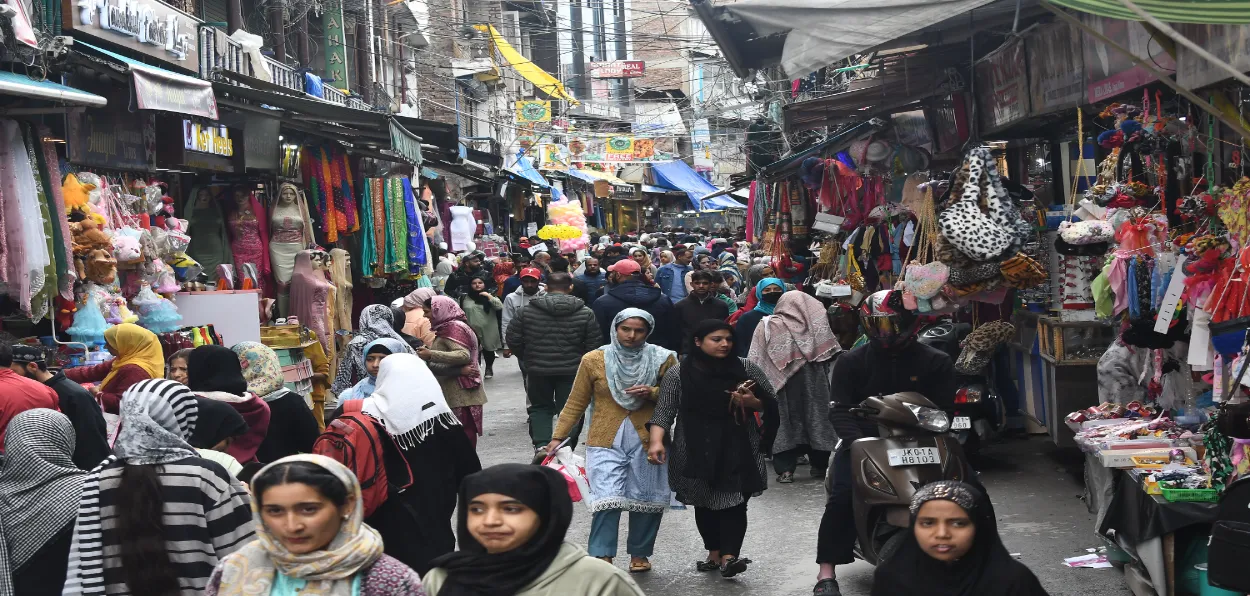
Eman Sakina
Since Eid ul-Fitr is fast approaching, we will pay attention to its significance and the reasoning behind why it is celebrated.
What is Eid? Eid translates to “the festival of breaking the fast”, marking it as a celebration of the ending of the month-long fast of Ramadan. Eid ul-Fitr signals the end of the holy month of Ramadan and the start of Shawwal, the 10th month in the Islamic calendar.
Friday Musings
To abstain from eating and drinking between the hours of sunrise and dusk requires great devotion and restraint. All of this is done to deepen one's spiritual connection to Allah, which is accomplished via worship and prayer on the anniversary of the Qur'anic revelation. Eid ul-Fitr is therefore celebrated to recognize the month's accomplishments.
Spending time with loved ones and indulging in the food that Allah has given are the main components of this festival.
The timing of Eid al-Fitr (and Ramadan) is different every year as it is based on the lunar cycle. It does not begin until the new moon is seen, which means it starts at different times for different Muslims around the world. However, some Muslims choose to celebrate Eid al-Fitr when the new moon first appears over Mecca instead of their respective locations.
Muslims around the world perform communal prayer at daybreak on the first day of Eid al-Fitr, after cleansing themselves and donning new clothes. They then continue to celebrate for three days. A common greeting during Eid al-Fitr is “Eid Mubarak,” which means “Blessed Eid.” This greeting is used to wish other Muslims well during Eid.
Ahead of the festivities taking place, many rituals need to be followed so that Allah is properly thanked.
The term Fajr refers to dawn prayers, which are to be done with your family ahead of the ‘ghusl’ cleansing to purify your entire body. Once the ablution or cleansing has taken place, preparations for the day ahead can then begin. These preparations include wearing the finest clothes and visiting the Mosque. After greetings of ‘Eid Mubarak’ have been shared, Eid prayers can commence.
With this being said, before Eid prayers can begin, a charity donation needs to be made. This is called Zakat ul-Fitr, or Fitrana, which is given to the needy, allowing them to partake in festivities.
Another tradition includes the exchanging of gifts amongst close family members and children, whilst sweet snacks are also made available. As a result, this can be described as “Sweet Eid” as ‘Sewaiy’ are the main dish prepared on this day.
These celebrations during Eid al-Fitr vary from country to country but include visiting family and friends, giving presents, enjoying feasts, wearing new clothes, and visiting the graves of relatives. Through these celebrations, Muslims show their gratitude to Allah after reflecting and fasting during Ramadan.
This holiday is also a reminder for Muslims to be grateful for what they have as well as to help the less fortunate.
ALSO READ: Etiquettes of Ramzan that not many Indians care to know about
‘Those who believe, and do deeds of righteousness, and establish regular prayers and regular charity, will have their reward with their Lord. On them shall be no fear, nor shall they grieve.’ - Quran 2:277
